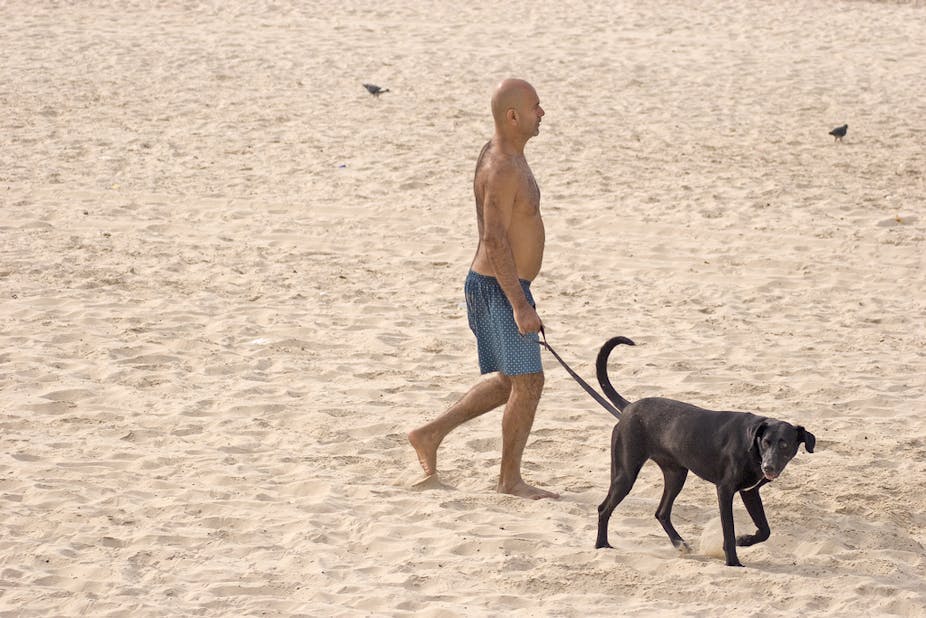Just small amounts of regular exercise can increase longevity, even for overweight people who do not lose any fat, according to a new study published today.
The finding underscores the role physical activity plays in overall well-being and may help overweight people continue with an exercise program that is not resulting in weight loss, experts said.
The study, published in the journal [PLOS Medicine](http://www.plosmedicine.org/article/info%3Adoi%2F10.1371%2Fjournal.pmed.1001335?utm_source=feedburner&utm_medium=feed&utm_campaign=Feed%3A+plosmedicine%2FNewArticles+(Ambra+-+Medicine+New+Articles), examined long term data on exercise patterns and BMI for over 650,000 people aged over 40 in Sweden and the US.
Up to 75 minutes of walking per week was linked with an average 1.8 years of extra life compared to those who did no exercise, while 150 minutes of brisk walking per week was linked with an increased life expectancy of up to 4.5 years.
An active lifestyle and being of normal weight was linked with an increased life expectancy of 7.2 years compared to obese people who did not exercise, the study found.
“More leisure time physical activity was associated with longer life expectancy across a range of activity levels and BMI groups,” the study’s authors concluded.
Dr David Bentley, from the Human Exercise Performance Laboratory, at the University of Adelaide’s School of Medical Science said the study sent the right message to people who exercised but saw no weight loss.
“And that’s not uncommon due to a number of dietary and genetic factors. You don’t necessarily, from a health perspective, need to benefit by losing body weight because of the benefits of exercise on a number of physiological systems, including the cardiovascular system, which is probably related to the increase in life expectancy observed in this study,” he said.
“Losing fat mass is just one benefit. There’s also mental health, cardiovascular fitness, muscular skeletal fitness – there are a number of potential benefits you will see aside from weight loss due to exercise.”
Rob Newton, Foundation Professor of Exercise and Sports Science at Edith Cowan University said the study showed that the public health message should be “fitness not thinness.”
“We have got totally the wrong medical and public health message going out,” he said.
“Unfortunately, with body image, obesity is a visual thing and people fixate on it. There’s little money and support for increasing physical fitness because there’s no money in it.”
“You can make money out of lap-band surgery or weight loss programs but you can’t make money out of telling people to be more physically active. I think the government needs to regulate the weight loss industry.”
Prof Newton said the risk of early death for a person who is fit and obese is actually less than for someone who is normal weight and inactive.

